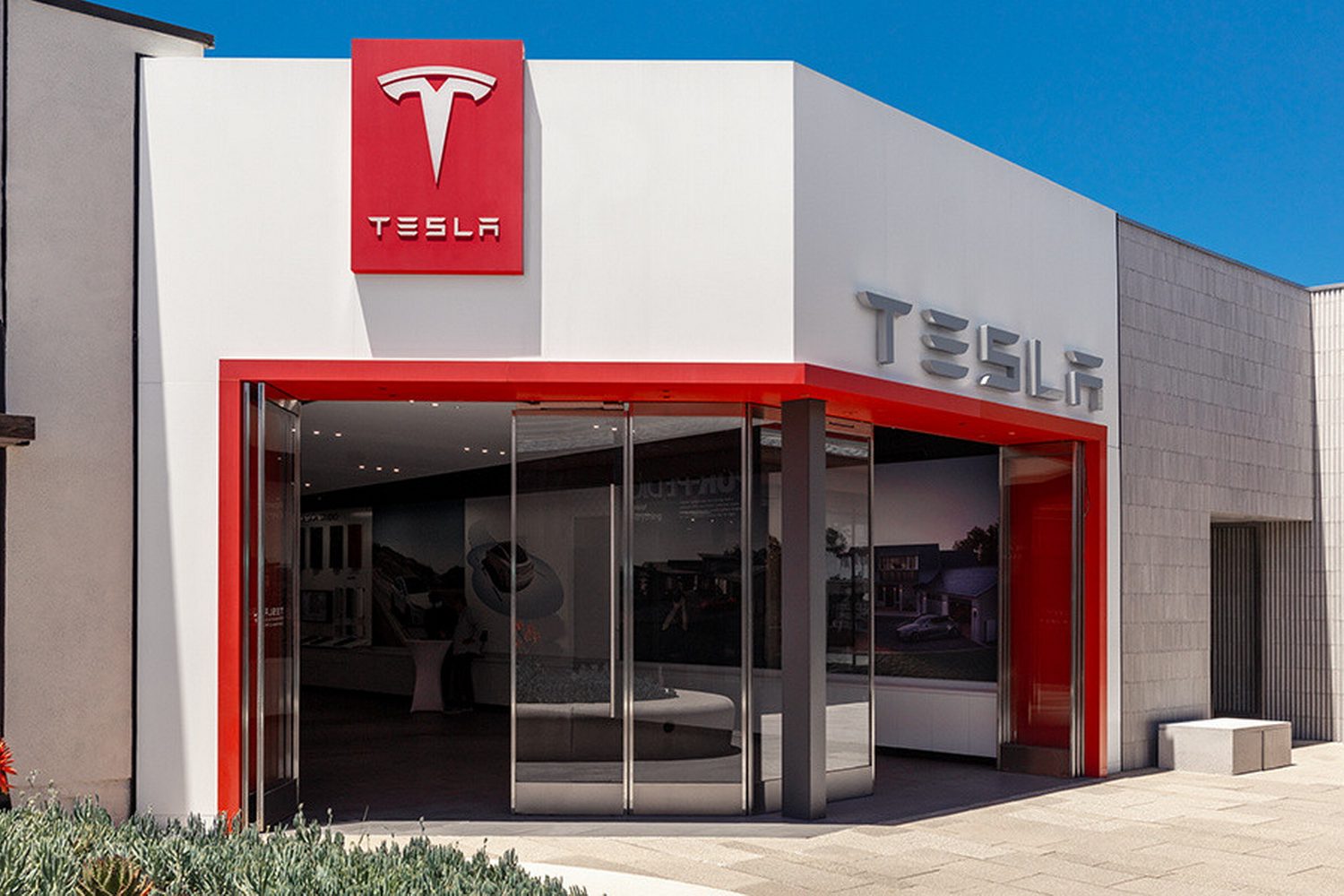Tesla has plans to boost the efficiency of its factories and vehicles, though no green light yet for a smaller electric car.
Musk outlines future of company
In a strategy presentation at Tesla's 2023 Investor Day yesterday (March 1), CEO Elon Musk outlined plans for new production processes and technology innovations at Tesla that will help the company build cars faster with fewer rare earth metals.
Dubbed 'Masterplan 3', Musk and other Tesla managers took to the stage at the company's Gigafactory in Texas to update investors on advances the company is making in electric motor technology and discuss plans for the firm's new third-generation electric vehicle platform.
But the presentation was light on details about when Tesla's next-generation cars would be launched and what models would be offered.
No 'Model 2'... for now, anyway
Though widely expected, Tesla's Investor Day did not give us any more details on the company's so-called 'Model 2', a smaller and more affordable electric car that could slot into the range below the Model 3 and rival compact electric hatchbacks such as the Volkswagen ID.3.
Details of what Tesla's next car will be are still scant, but Lars Moravy, Vice-President of Vehicle Engineering, did clarify that "it would not be a Model Y" - though the next Model Y will benefit from Tesla's new production processes.
His colleague, Franz von Holzhausen, Senior Design Executive at Tesla, said details of the company's next car would come "at a later date".
More efficient production, starting with Cybertruck
There was no update on the new Tesla Roadster either, but the company's angular Cybertruck was confirmed for production later this year. It is not expected to come to Ireland.
More importantly, Tesla says new methods to build vehicles first explored during development of the Cybertruck will save money and energy - cost savings of up to 50 per cent, along with a 40 per cent reduction in 'factory footprint'. Risks of delays at each stage of the production line will also be reduced, which should ease production setbacks that severely impacted the rollout of the Model 3 when it launched in 2019.
Innovations, such as mounting the seats directly to the under-floor battery pack before raising the entire unit into a body shell that has been painted in sections, will avoid the need for door removal and re-installation during production.
New battery and motor technology
The company also claims that improvements to battery and motor technology have resulted in a 75 per cent reduction in silicon carbide so that the company's new platform will be able to accept batteries of any chemistry.
Overall, Tesla estimates that the new platform will reduce the construction cost of every new vehicle it produces by about $1,000 (€943 at today's exchange rate).
Colin Campbell, Vice-President of Powertrain Engineering, also confirmed that Tesla's next-generation electric motor will not use any rare earth metals in its construction.
The use of rare earth metals in the electric vehicle supply chain is contentious as they can be hard to secure supply of and their mining can be costly and detrimental to the environment.






















